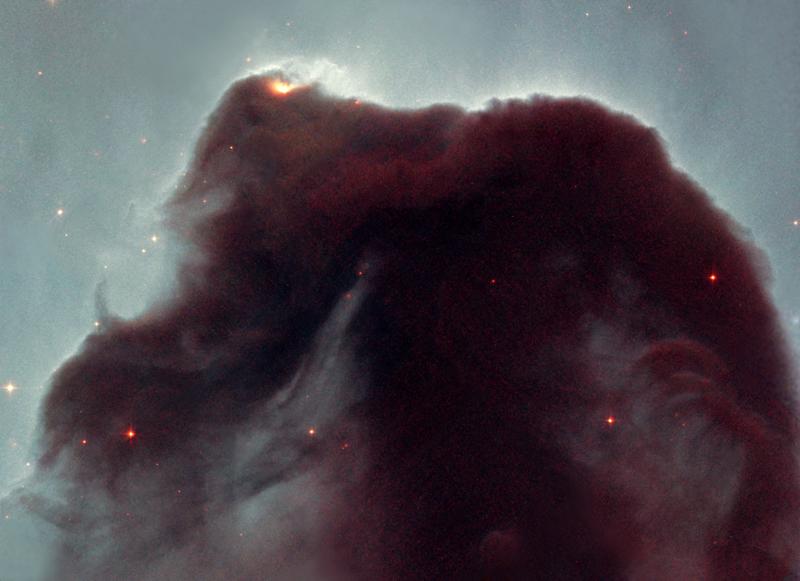Schopenhauer was right: Part 4 – The road to self discovery
By Reynolds WilliamModern philosophers are chiefly good for one thing: They force us to reflect on each our own being. Whether it be as in the extreme case of Descartes who stripped away every knowable thing from his perceptible world less his own self-consciousness i.e. cogito ergo sum, or a more fashionable ‘search for meaning’ as empowered existentialists such as Jaspers, Sarte, and Camus, modern philosophy, beyond any remedial advice for living in the modern age, reminds us how far removed we are from the world to which we hold. If we can’t know the things-in-themselves, then we best know ourselves. Kind of a “…love the one you’re with” sort of directive. And who do we know better than our mirror’s twin?
Being of the tender age 18 and newly initiated to college life, my intellectual depth was so deficient it would need high tide to warrant the term shallow. Nevertheless, if I had anything I had curiosity and a deep desire for acquiring knowledge. You couldn’t have convinced my parents of this at the time, but I turn and ask you, who hits the library looking for a book upon the recommendation of a piece of graffiti? Jumping online is one thing, but back in 1984 a person had to brave the elements, walk to the library, walk up an abundance of stairs, consult a card catalog (50 point bonus for ironic verbal accessory), and then go diggin’. Make no mistake, this activity required an investment of time.
After the encounter with Mr. D___, the pentecostal buffalo (self titled, which I failed to mention in my prior post), I returned my attention to Schopenhauer and The World As Will and Representation. The first two lines of book 1 read:
The world is my representation: this is a truth with reference to every living and knowing being, although man alone can bring it into reflective, abstract consciousness. If he really does so, philosophical discernment has dawned on him. It then becomes clear and certain to him that he does not know a sun and an earth, but only an eye that sees a sun, a hand that feels an earth; that the world around him is there only as representation, in other words, only in reference to another thing, namely that which represents, and this is himself.
I read this particular passage over and over for nearly an hour. I didn’t understand a word of it. The book I held in my hands was of the old, cloth-cover, case bound variety; the linen was worn and frayed and the pages smelled musty as anything I could find in an abandoned root cellar. The small but heavy strokes of the letters on the pages brought to mind a bespectacled shopkeeper mottled with ink smudges, furiously pedaling away on his Gutenberg. In that moment, I felt part of a long tradition reflected in the character and condition of the book I held. Mental fortitude was a strength of my youth where resources were lacking, so I continued reading this passage over and over and over until I understood it.
And finally, I understood.
